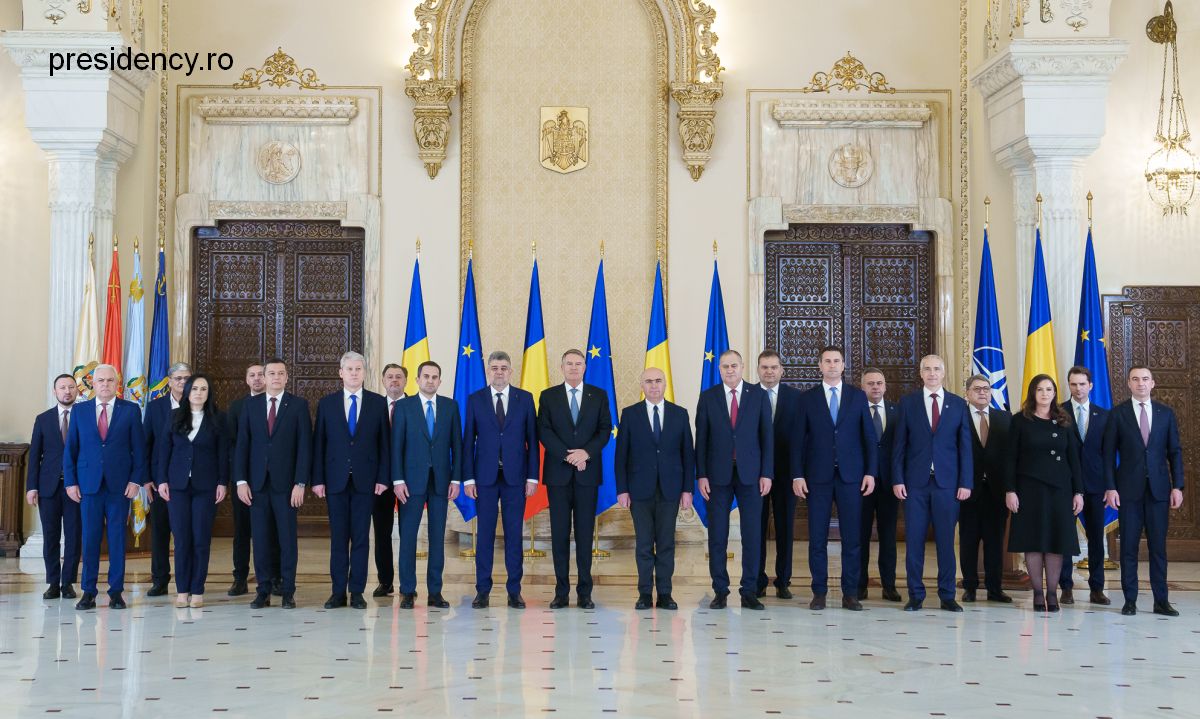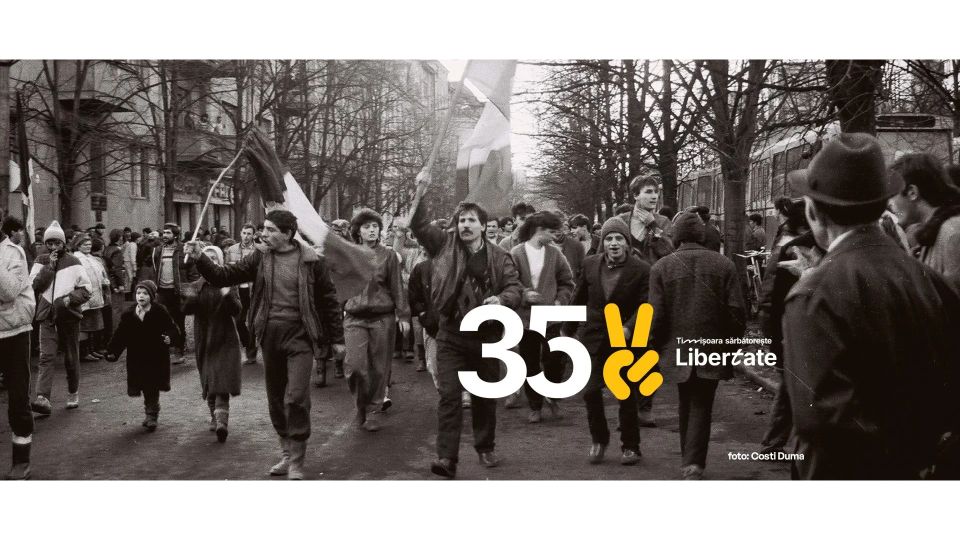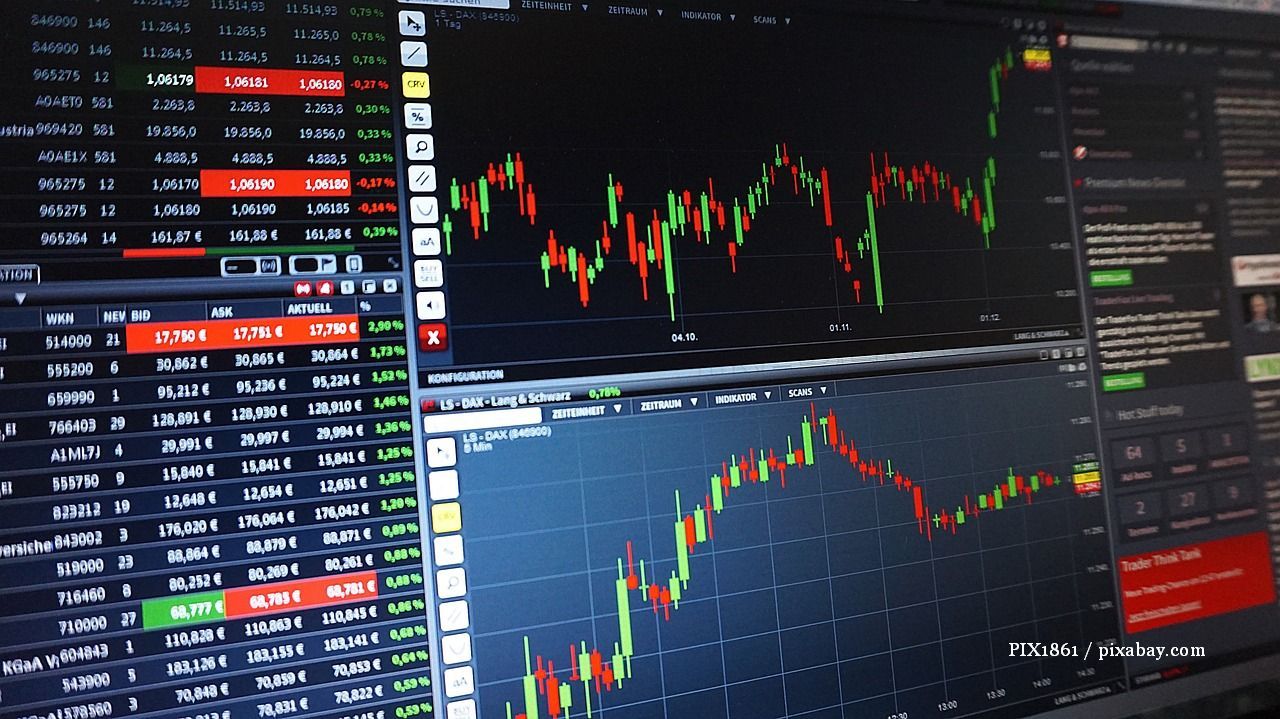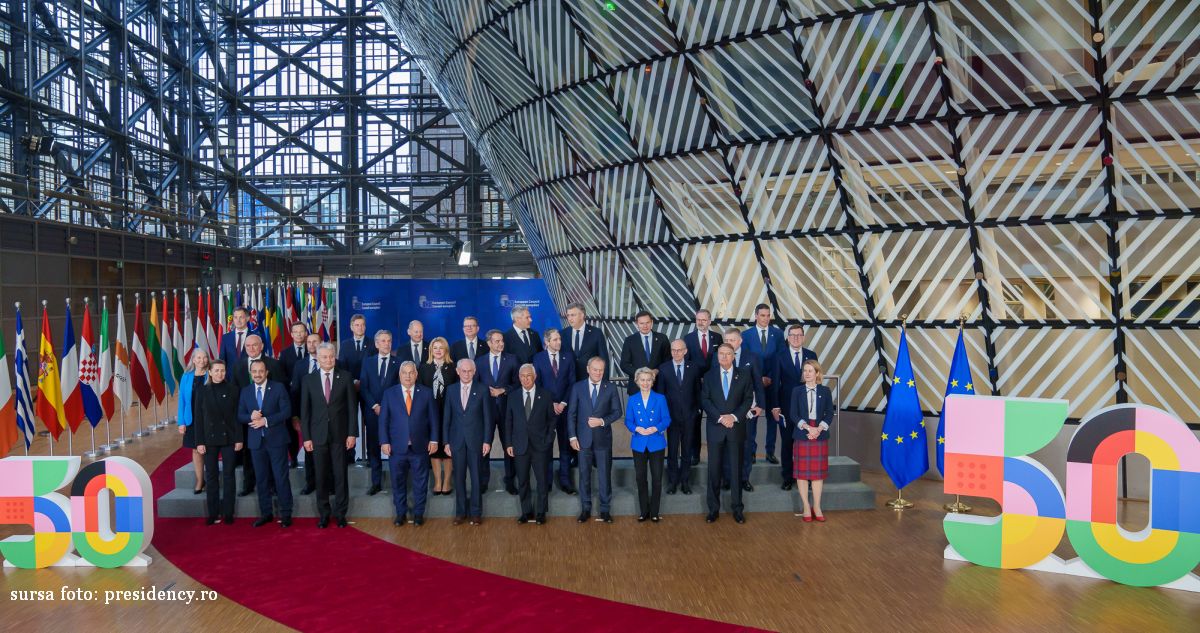NATO and the situation in Ukraine
The situation in Ukraine has prompted NATO to strengthen its military presence and multiply its missions in the Black Sea and Baltic Sea countries that are members of Alliance.
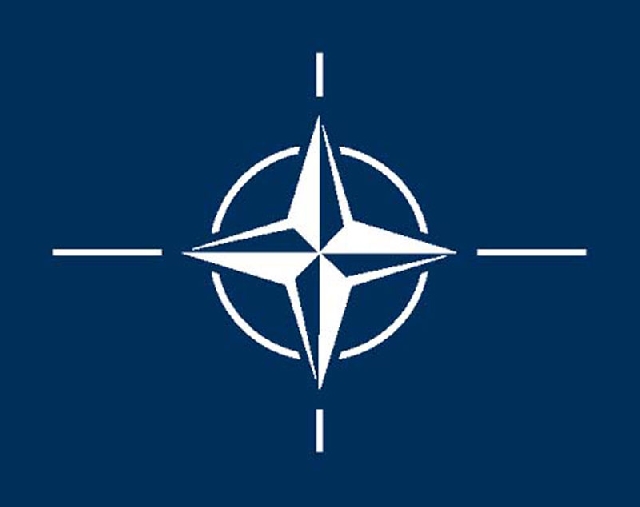
România Internațional, 07.05.2014, 13:17
The Ukrainian crisis, which is quite severe and stands minimum chances of being settled soon, has triggered an unprecedented mobilization of the North-Atlantic Alliance. Against the background of Crimea’s annexation by Russia, and the extension of pro-Russian hotbeds in the east and south of Ukraine, NATO has had to take action in order to secure its Black Sea and Baltic allies.
The NATO Secretary General, Anders Fogh Rasmusen, said on Tuesday, at a meeting with the Prime Minister of Japan, Shinzo Abe, that the Alliance had already strengthened its air police force in the Baltic countries and had carried out air surveillance missions above Poland and Romania. Some six thousand military have participated in the largest maneuvers in the post Soviet history of Estonia, near the border with Russia. And things will not stop here, if the situation in Ukraine keeps deteriorating. The Alliance, Rasmussen said, would definitely take additional measures to protect its allies, if need may be.
Anders Fogh Rasmussen: “We will not hesitate to take further steps if necessary to ensure effective defense and protection of our allies, based on the fundamental principles of collective defense”.
Rasmussen’s statements have been endorsed by NATO’s military chief, General Philip Breedlove, who talked about a permanent deployment of NATO troops in Eastern Europe being considered, due to the escalating tension between Russia and Ukraine. Philip Breedlove said on Tuesday that the Alliance had developed a short term personnel and military equipment rotation plan for Eastern Europe, to be finalized by late 2014. However, he stressed that the measures that would be adopted by NATO were purely defensive and not aimed at provoking Russia.
The conflict in Ukraine could generate instability and turn into a threat not only to the stability of the euro-Atlantic zone, but also to Asia-Pacific. That is why the NATO Secretary General and the Japanese Prime Minister signed an agreement on strengthening the partnership between the two parties. According to analysts in Brussels, an extended conflict in Ukraine and a bigger military engagement by Russia in that country affects the balance of powers in Asia as well.
The Ukrainian crisis has prompted Japan to reconsider its strategy of rapprochement to Moscow, initially devised as a counter-offensive to China’s growing influence in the region. Tokyo authorities share the stand of the Western countries and have imposed sanctions on Russia.

